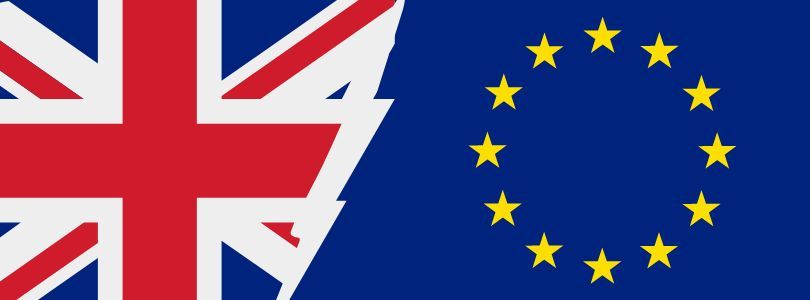Content
Power of representation of British patent attorneys and lawyers ceased

The exit of the United Kingdom from the European Union (EU) has effects on the activities of British patent attorneys and lawyers in the Federal Republic of Germany. Since 1 January 2021, they are no longer authorised to represent clients before the DPMA.
British patent attorneys
On 1 February 2020, the United Kingdom left the EU. Since that day, the Withdrawal Agreement has been in force, providing for a transition period until 31 December 2020. During this transition period, EU law continued to apply and the United Kingdom was a member of the EU's single market and customs union. As a consequence and despite the exit, patent attorneys from the United Kingdom were allowed to practise in the Federal Republic of Germany until the end of 2020 pursuant to the Act on the Activities of Patent Attorneys from EU Member States in Germany (Gesetz über die Tätigkeit europäischer Patentanwälte in Deutschland – EuPAG). Patent attorneys from the United Kingdom were thus allowed temporarily and occasionally to pursue a patent attorney’s activities under their British professional title in Germany as patent attorneys from EU member states providing services (section 13 of EuPAG), subject to prior registration in the register kept by the German Chamber of Patent Attorneys (section 15 of EuPAG). Their status was that of a German patent attorney (section 16 of EuPAG) and they were allowed to appear before the German Patent and Trade Mark Office and act as domestic representatives. British patent attorneys were also allowed to file an application for the verification of the equivalency of their professional qualification in order to be admitted to the German Chamber of Patent Attorneys (see sections 1 et seq. of EuPAG).
Upon expiry of the transition period, these options ceased to exist on 1 January 2021, so the power of representation lapsed on 31 December 2020. The Act on the Activities of Patent Attorneys from EU Member States in Germany has been clarified by the Act on the Improvement of Consumer Protection under Collections Law and for the Amendment of Additional Provisions (Gesetz zur Verbesserung des Verbraucherschutzes im Inkassorecht und zur Änderung weiterer Vorschriften) of 22 December 2020 (Federal Law Gazette I, p. 3320, 3325). Pursuant to new section 15 (5) of EuPAG, the registration in the register is blocked in a first step and, after a reasonable period of time, deleted if a person registered in the register loses his/her status as a patent attorney from a EU member state.
On 31 December 2020, British patent attorneys lost the possibility to pursue their profession as established patent attorneys from EU member states (see sections 20, 21 of EuPAG). Established patent attorneys from EU member states are members of the German Chamber of Patent Attorneys and listed in the register of patent attorneys. Pursuant to section 20 of EuPAG, they were entitled – also under the professional title used in their home country, i.e. the United Kingdom – to provide legal advice in the area of foreign and international IP protection. Unlike the patent attorneys from EU member states providing services, they were not on a par with a German patent attorney. As a consequence, they were not authorised to represent clients before the German Patent and Trade Mark Office and were unable to be domestic representatives.
The EU-UK Trade and Cooperation Agreement (OJ L 444/14 of 31 December 2020) does not provide a basis for power of representation after 1 January 2021. Reservation no. 2 "Professional services (other than health related services)" states with regard to patent attorneys that only patent attorneys holding a German qualification can be admitted to the bar and are thus entitled to provide services as patent attorneys in the field of domestic law in Germany.
British lawyers
Likewise, the lawyers admitted to the bar in the United Kingdom are no longer authorised to represent clients before the DPMA since 1 January 2021.
The Act on the Activities of European Lawyers in Germany (Gesetz über die Tätigkeit europäischer Rechtsanwälte in Deutschland) was also amended by the above-mentioned law of 22 December 2020.
Section 206 (1) of the Federal Lawyers’ Act (Bundesrechtsanwaltsordnung) provides that, since 1 January 2021, British lawyers have only been entitled to establish themselves in the Federal Republic of Germany in order to provide legal advice on British law and international law under their British professional title.
Bild: DPMA
Last updated: 13 March 2025

Not only protecting innovations
Social Media